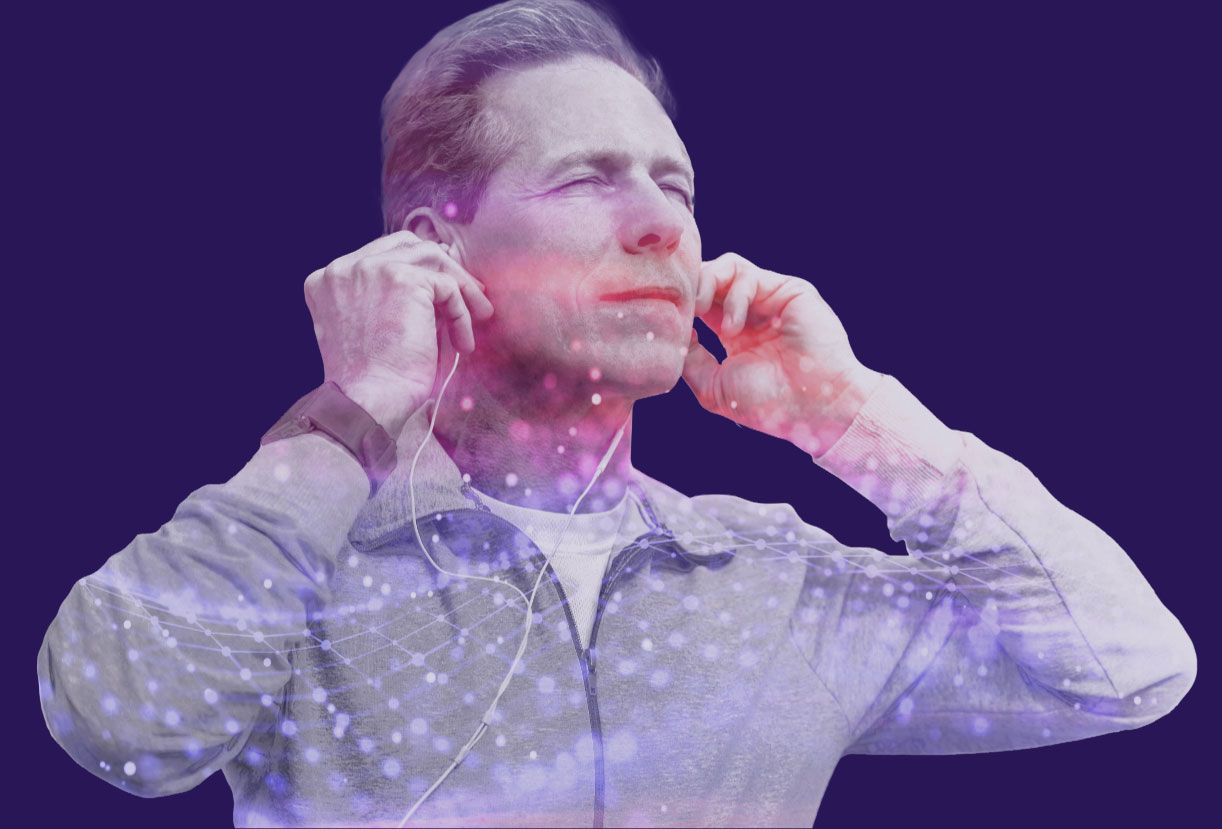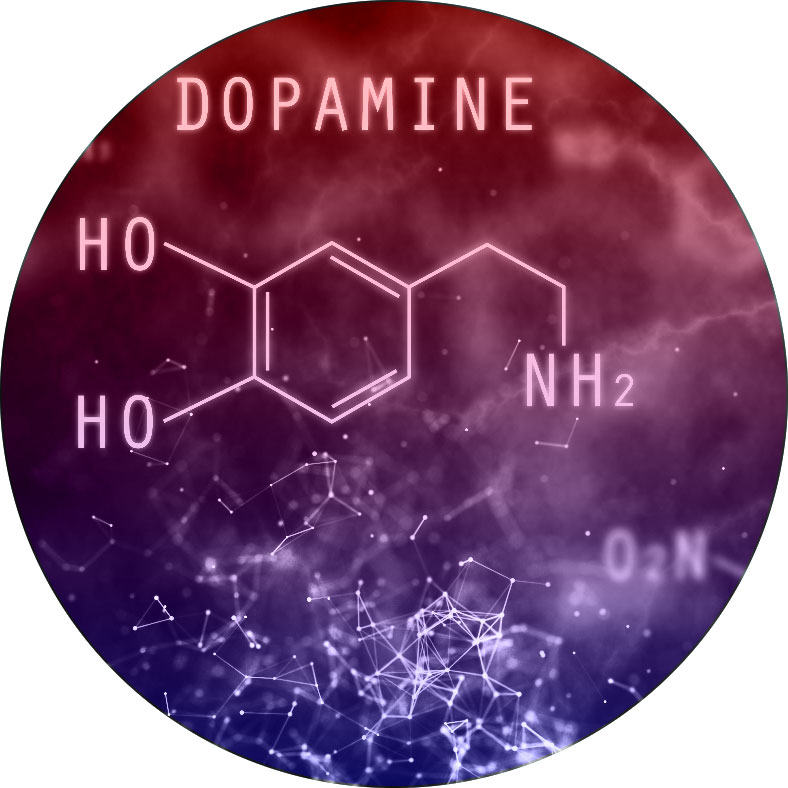
Science-Based Music Intervention
The integration of sounds into the GoMo Health outpatient care delivery model is based on scientific research of the benefits of music to extend and reinforce clinical, behavioral, cognitive, and emotional therapies that treat complex and chronic conditions.
These conditions include cancer, cardiac disease, diabetes, maternal/child health, SUD and chronic pain. They’re often associated with mental and behavioral challenges including depression and anxiety, sleeplessness, chronic pain, and many others.
Your Brain on Music
Music has always been an easy-access tool for feeling good, but did you know music is scientifically proven to be good for our brains? When music enters the brain, it triggers a release of dopamine—the neurotransmitter that promotes feelings of happiness—and prolonged effects can alter brain function and structure.
Humans are rhythmic beings. Studies suggest that music can help the brain make new connections between nerve cells. Rhythms play a pivotal role in the way our brains process music. From our breath to our brain waves, to the thumping of our hearts, our brains are constructed to respond to beats—it’s how our bodies identify music over other noises.
Whether it is a finished instrumental song or something simpler like the soft and repetitive beat of a drum, music and sound can positively affect people who are in distress on a physiological and emotional level and connect with them in ways traditional written or verbal dialogue often fall short.
